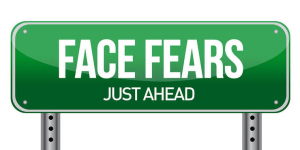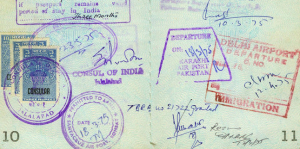Prior to the foreign exchange market or Forex market, the world relied upon the gold standard under terms of the Bretton Woods Agreement to set exchange rates. The need for the foreign exchange market arose when President Richard Nixon announced on August 15, 1971, that the US would move away from the gold standard.
The International Commercial Exchange was founded in 1970 but remained listless due to the continued existence of the Bretton Woods system, which was abandoned in 1974.
With the help of the International Commercial Exchange, the Chicago Mercantile Exchange (CME) created the International Monetary Market (IMM) on May 16, 1975. The IMM is currently a division of the CME.
The Forex market is the largest financial market in the world. The market operates continuously from Sunday at 5:00 p.m. EST until closing on Friday at 4:00 p.m. EST.
Using data from the 2013 Triennial Central Bank Survey of Foreign Exchanges, the Bank of International Settlement reported that Forex trading averaged $5.3 trillion per day in April of 2013. Due to its size and range, the Forex market is known to be the most fluid and accessible financial marketplace.
The Forex Market is not The Stock Market
The Forex marketplace is comprised of three major domains; North America, Europe and Australasia. Key Forex financial centers are based in London. Hong Kong, Sydney, Zurich and New York.
Investors should understand there are significant structural differences between the Forex market and equity markets. The primary purpose of the Forex market is to facilitate currency exchange for businesses and individuals. However, only about 20 percent of the trade volume is controlled by individuals and small investors. Eighty percent of Forex trading involves investment by huge corporations, financial institutions, hedge funds and central banks.
Core differences between the Forex market and equity and options markets.
Forex transactions take place in an unregulated market without a centralised governing authority. Hence, there is no adjudicating body when disputes arise. The lack of regulation allows anyone with money to enter the market in large or small amounts. Forex dealers do not earn commissions. Instead, they are compensated based upon the bid-ask spread or the difference between the price a buyer is willing to pay and the lowest amount a seller will accept. Forex transactions occur via computers and are accompanied by no physical exchange.







